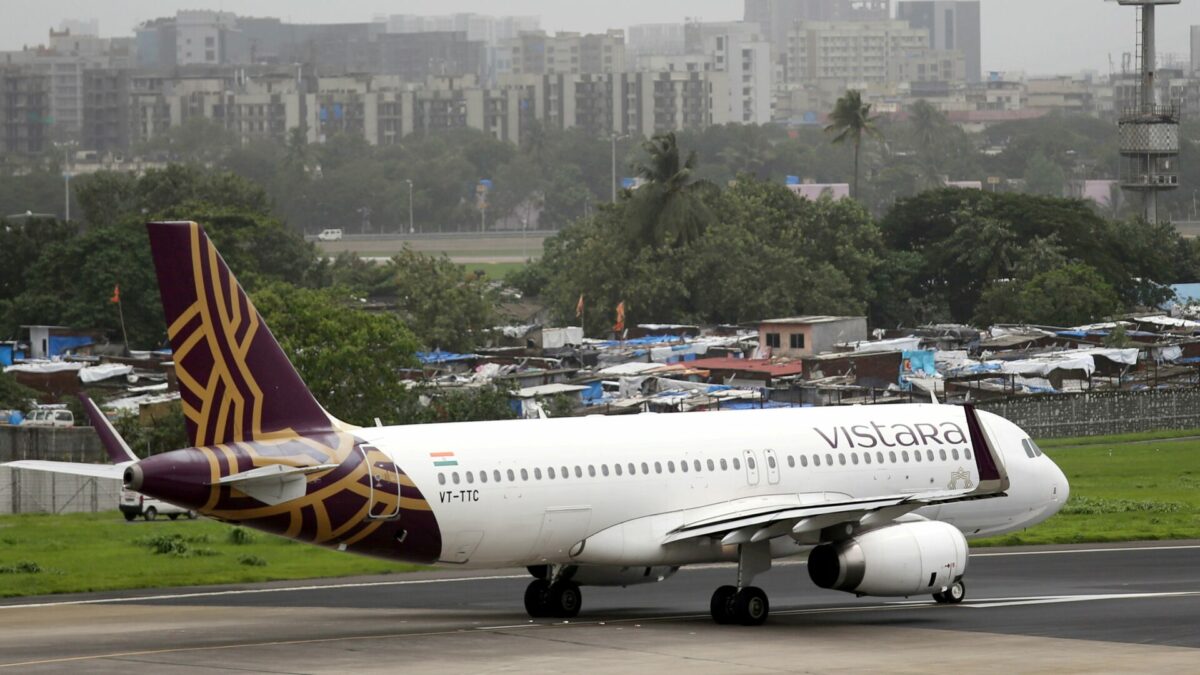New Delhi: India plans to nationwide utilization of 1% of Sustainable Aviation Fuel (SAF)by 2025 for domestic airlines, said Oil Minister Hardeep Singh Puri on Friday. Unlike European Union and Union States, India lacks a policy on sustainable aviation fuel yet.
The European Commission’s SAF mandate is anticipated to start in 2025 with a minimum volume of 2% SAF. Puri says there are over 140 million liters of biofuels needed for the jet fuel mixture and 1% SAF. The mandate regarding SAF could increase to 4% -5% if the biofuel volume is more available, the minister pointed.

On the occasion of an event to accept India’s first local flight powered by bio-jet, the Minister informed that an Indian committee proposed the introduction of 1% SAF across India by 2025.
Puri noted that the final mandate would require approval by the cabinet.
Moreover, the private company Praj Industries supplied the biofuel for the flight, and that was mixed with Indian Oil Corp jet fuel. Indian Oil Corp(IOC) is one of the country’s top refiners.
IOC eyes introducing a plant by 2026 having the capacity to produce 87,000 tonnes of SAF annually. SSV Ramakumar, the IOC Director for Research and Development, stated that the plan would have a cost of 15 billion rupees.
AIX connect to operate its first flight by SAF; said AI CEO Wilson
Air Asia India, named AIX connect, will make its first flight with Indian-produced SAF between Pune and Delhi on Friday, Air India Chief Executive Officer Campbell Wilson Said.

In the letter to airline employees, CEO addressed that “On the sustainability front, our colleagues at Air Asia India will operate the first flight using a blend of Indian-produced Sustainable Aviation Fuel (SAF) between Pune and Delhi today.”
What is SAF?

SAF stands for Sustainable Aviation Fuel, which is produced from sustainable feedstocks. SAF’s chemistry is similar to traditional fossil jet fuel. Examples of feedstocks are cooking oil, non-palm waste oils from animals and plants, and solid waste collected from businesses and homes like packaging, paper, food scraps, textiles, etc. Furthermore, the potential resources are again many more, which comprises waste wood, energy crops which include algae, as well as fast-growing plants.
What is the fuel efficiency of SAF and its importance?
The fuel efficiency of the SAF is comparable to traditional jet fuel. It has a similar energy content with the same performance range as fossil-based jet fuel. The similarity allows the aviation industry to mandate the decision without a modification requirement in the existing performance.
SAF is significant because of many reasons. It has a beneficial impact on the reduction of greenhouse gas emissions and combats climate change. SAF plays a vital role in carbon footprint, which has significantly low carbon dioxide emissions produced from renewable feedstocks such as waste oils, agricultural residues biomass, and more.
By utilizing SAF, it is assumed that energy security through the reduction of fossil fuel dependency. Countries can mitigate the adverse impact regarding the oil price and supply disruption because of this sustainable alternative.
SAF facilitates a sustainable aviation industry globally, encouraging new opportunities for jobs, innovation, economic growth, technological advancement, etc. With rising demand for eco-friendly travel options, aviation stakeholders can achieve the sustainability goal through the utilization of SAF.












